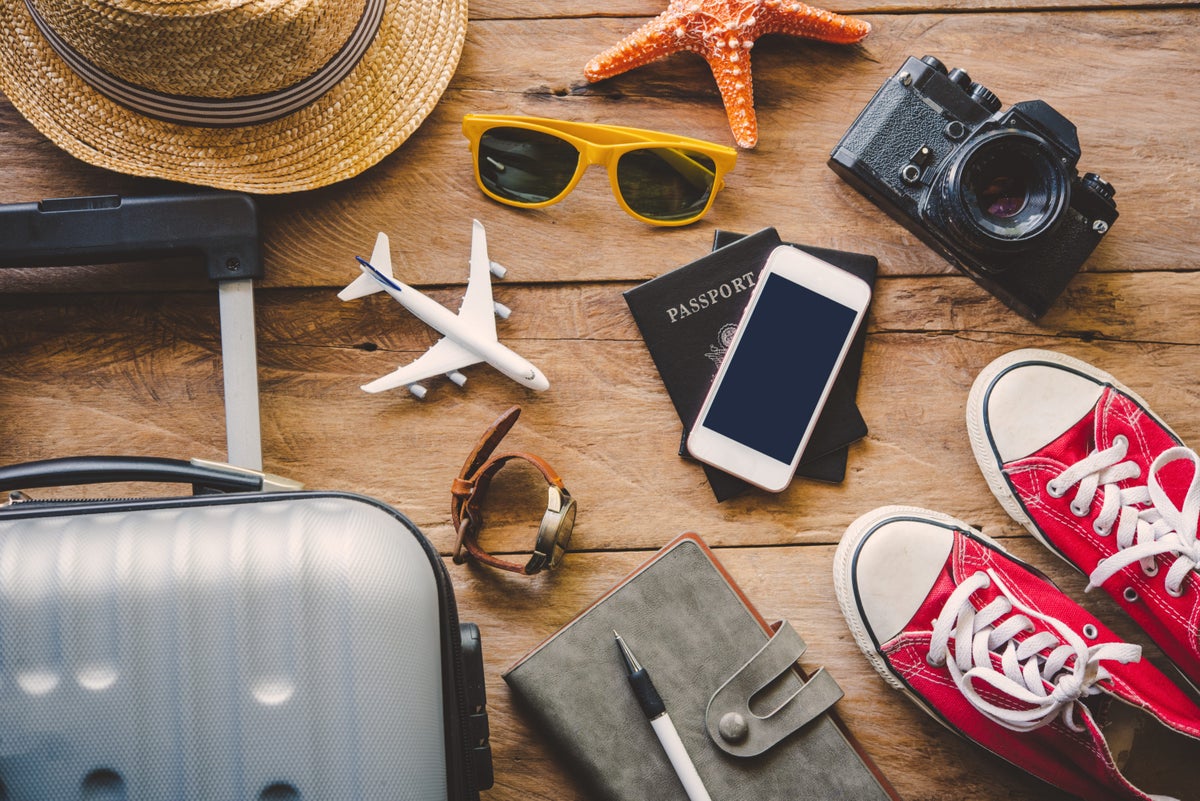Alex Miller
Alex Miller
Founder & CEO
300 Published Articles
Countries Visited: 34U.S. States Visited: 29
Founder and CEO of Upgraded Points, Alex is a leader in the industry and has earned and redeemed millions of points and miles. He frequently discusses the award travel industry with CNBC, Fox Business...
Edited by: Stella Shon
Stella Shon
Senior Features Editor
285 Published Articles 1106 Edited Articles
Countries Visited: 30U.S. States Visited: 32
With a degree in media and journalism, Stella has been in the points and miles game for more than 6 years. She most recently worked as a Corporate Communications Analyst for JetBlue. Find her work in ...






![30+ Ways to Stay Safe While Traveling the World [Infographic]](https://upgradedpoints.com/wp-content/uploads/2021/05/Female-at-outdoor-cafe-using-mobile-phone-and-laptop.jpeg?auto=webp&disable=upscale&width=1200)
![The Complete Travel Packing Checklist for 2025 & the Best Packing Tips [Printable]](https://upgradedpoints.com/wp-content/uploads/2022/01/Woman-packing-bag.jpeg?auto=webp&disable=upscale&width=1200)
